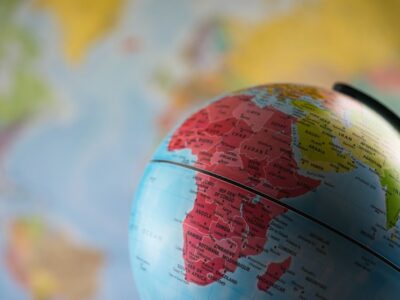
(Ecofin Agency) – While the majority of climate aid funds are directed towards mitigation, Africa, with less than 4% of global pollution, is struggling to adapt. Faced with the lack of dedicated funding, African countries are trying to finance their adaptations.
According to estimates by the Think Tank Power Shift Africa, Ethiopia will spend $6 billion every year to adapt to climate change until 2030. The organization said it in its “Adapt or die, an analysis of African climate adaptation strategies” report published today February 28.
“To respond to these changes, the Ethiopian NAP (National Adaptation Plan, ed) outlines a range of adaptation measures, to be implemented until 2030. Taken together, they are expected to cost $6 billion every year, which is equal to about 5.6% of their current GDP,” the report reads.
The entire Horn of Africa region is experiencing the worst drought in 40 years. The episode has caused the death of more than 1.5 million livestock, according to the United Nations. The aid promised by developed nations is a drop in the bucket compared to the needs of the continent.
At the end of COP 26, in November 2021, the draft agreement promised that by 2025, rich countries will double their current funding to help poor countries adapt to climate impacts. But, until now, no figures have been officially mentioned. In 2009, developed countries pledged $100 billion a year to support the poorest countries in climate-related initiatives.
Of this money, only a quarter is spent on adaptation. But the commitment has not been met either. Of the $80 billion they have managed to raise per year, 57% is made up of loans that worsen the debt situation of recipients.
Countries are therefore turning to domestic funds, failing to obtain financing for adaptation to climate change. According to Power Shift Africa, South Sudan, the second poorest country in the world, should spend 3% of its GDP per year on adaptation. This is $376 million. South Africa is expected to spend more than $2 billion a year while Sierra Leone is expected to spend $90 million.
Mohamed Adow, Director of Power Shift Africa, said: “This report shows the profound injustice of the climate emergency.”









Comments